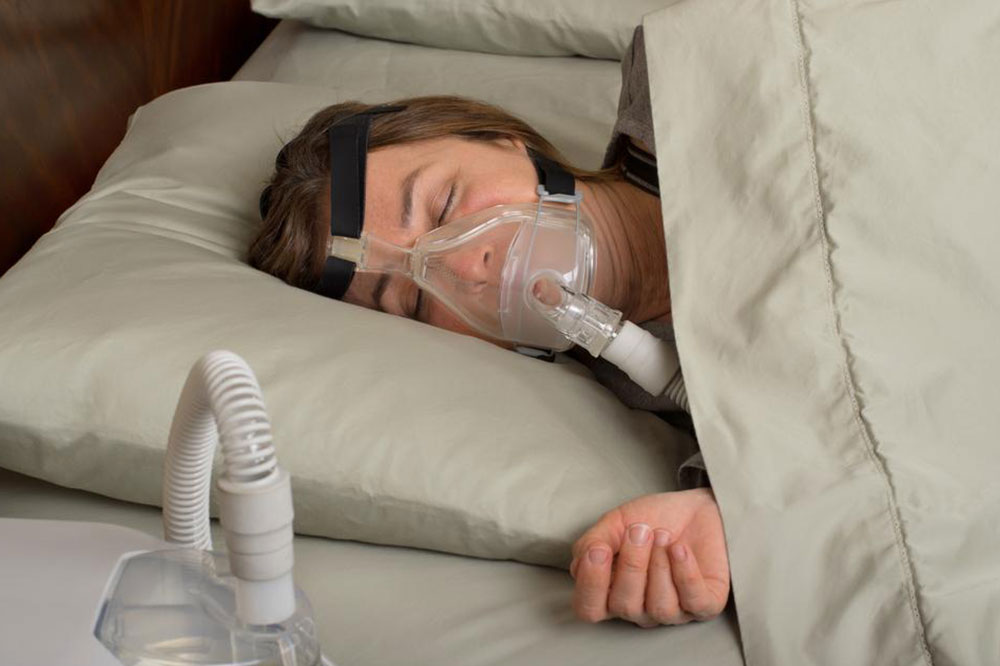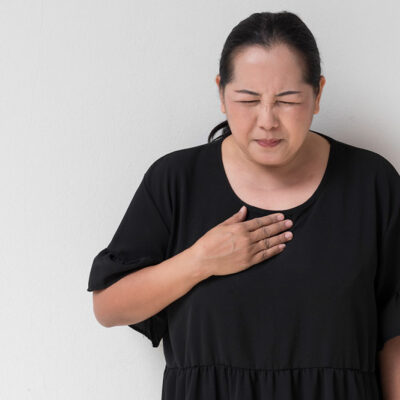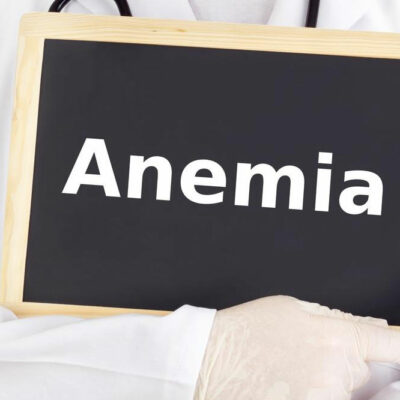
Signs of Sleep Apnea in Children and Adults
Sleep apnea is a common sleep disorder found in adults as well as children. Research shows that about three percent of children experience sleep apnea. This is usually caused by a relaxation of your throat muscles, or in rare cases, when the brain fails to facilitate breathing. The signs and symptoms of sleep apnea are easily noticeable by those who experience them and by their partners.
Signs of sleep apnea in adults
- Loud snoring
Loud snoring is a common sign of sleep apnea, which can also disrupt the sleep of your partner who shares your bed. If your partner is complaining about disturbed sleep due to your loud snoring, you should consider consulting a physician.
- Shortness of breath
If you have sleep apnea, you may wake up at times with a sudden feeling of breathlessness. Many people with sleep apnea often stop breathing when they are asleep, or wake up abruptly, gasping for breath. Some people also have to wake up frequently because of sore throat, dry mouth, headaches, or frequent urination.
- Other sleep disorders
People with sleep apnea usually also face difficulty in falling asleep and/or staying asleep (insomnia) or difficulty in staying awake during daytime (hypersomnia). This is usually accompanied by cognitive impairment, inability to concentrate, and disrupted memory.
Other symptoms
Other symptoms of sleep apnea in adults are as follows:
- Irritability
- Decreased libido
- Mood swings
- Sexual dysfunction
- Depression
- Elevated blood pressure
- Excessive sweating at night
- General lack of energy at daytime
- Drowsiness while driving
- Restless sleep
Signs of sleep apnea in children
- Learning issues
Children with sleep apnea often face difficulty in learning, and hence do not perform well in schools. They also have a limited attention span and show symptoms of disruptive behavior that is usually associated with ADHD (Attention deficit hyperactivity disorder).
- Physical symptoms
Children with sleep apnea often show a range of physical symptoms such as snoring, breathing through their mouths while sleeping and awake, and bedwetting. Some children also stop breathing when they sleep; some children experience drowsiness and a general lack of energy throughout the day and are often cranky or irritable.
Other symptoms
Other symptoms of sleep apnea in children are as follows:
- Sluggishness throughout the day, which may seem like laziness
- Difficulty in swallowing
- Night sweats
- Hyperactivity
- Contorted sleeping positions that seem uncomfortable, such as over-stretching the neck or sleeping while crouching on hands and knees
- Inward movement of rib cage while breathing in
Sleep apnea may increase the risk factor of several other diseases, such as hypertension (high blood pressure), cardiomyopathy (enlargement of the muscle tissue of the heart), stroke, heart failure, heart attacks, and diabetes. If left untreated, sleep apnea can also affect your productivity during the day. Thus, if you are experiencing signs and symptoms of sleep apnea, you should immediately consult a doctor.


